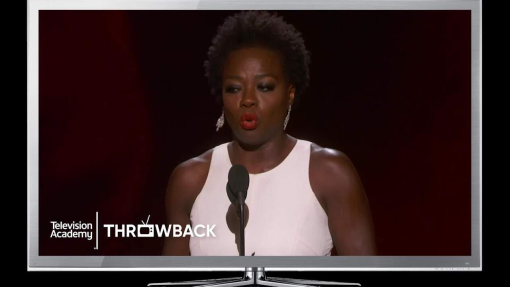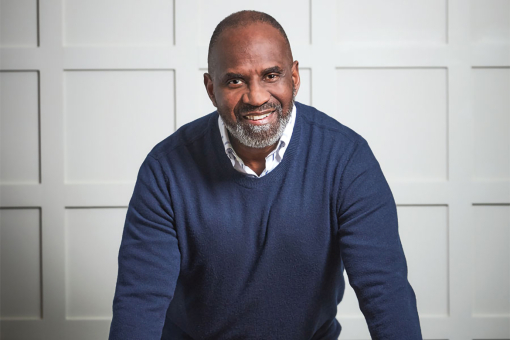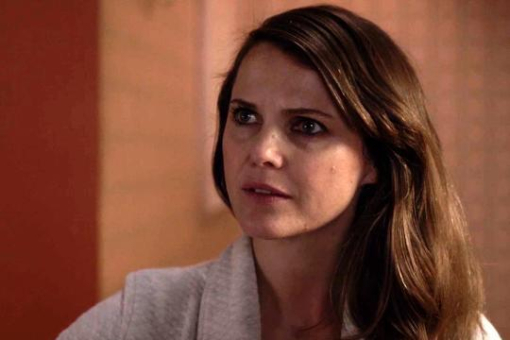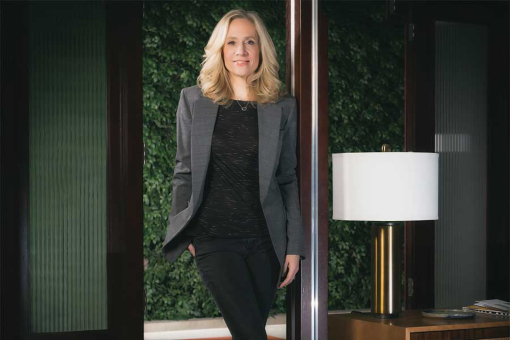After How to Get Away with Murder became one of fall’s biggest freshman hits, ABC’s quick decision to pick the drama up for a full season was a no-brainer.
What was surprising, however, was the length of the full-season order: 15 episodes, just two beyond the original 13-episode pickup.
That’s because of the arrangement made with the show’s star, Viola Davis — whose powerhouse turn as law professor Annalise Keating has already scored a Golden Globe nomination and a SAG Award — to cap each season at 15 episodes.
When it comes to wooing Davis and other film actors to the series world, 15 is the new 22.
“She is a very wanted actor and has a very successful movie career,” says Pete Nowalk, the show’s creator–executive producer (other exec producers are Shonda Rhimes, Betsy Beers and Bill D’Elia).
“Eventually [ABC Entertainment Group president] Paul Lee decided, of course we want Viola Davis, so we will do the 15 episodes if that will allow us to get her.”
These deals are becoming increasingly common as networks look to secure top-shelf talent who might otherwise be wary of committing to a series that would leave them scant time for other projects.
Kevin Bacon helped pioneer this arrangement in 2012 when he signed on for Fox’s The Following with a stipulation of no more than 15 episodes per season, giving him six months a year to make movies.
“I became an actor so I could go from part to part,” he says, explaining that had he committed to 22 episodes, after wrapping the season, “I would not want to go play another character — I would just want to rest!”
The Following deal has worked out well for Bacon, who squeezed in three films and a tour with his band, the Bacon Brothers, during last year’s hiatus.
And the prospect of a shortened season has lured other movie actors, like Greg Kinnear, who signed a similar deal for his short-lived 2014 Fox drama, Rake.
For Murder, the arrangement has benefited the fledgling show creator as much as his star. “As a writer, 15 versus 22 is a dream come true, especially it being my first time out of the gate,” says Nowalk, who found himself becoming more daring with his first-season story choices, like catching up to the big flash-forward murder storyline in episode nine, as opposed to the end of the season.
“It was scary, but because we had the shorter season, it allowed me to take that risk. Creatively, it was the right decision.”
After Murder airs its season finale on February 26, Davis — who wrapped production in January — will have a few extra months to resume her movie work (she’s already reportedly lined up a juicy role in the DC Comics supervillain film Suicide Squad).
And Nowalk can take a breather before diving into season two. “I’m really happy about the way we’ve done it,” he says. “We all wanted Viola, and if it was my network, I would have given her anything she wanted. She’s a rare actress.”











